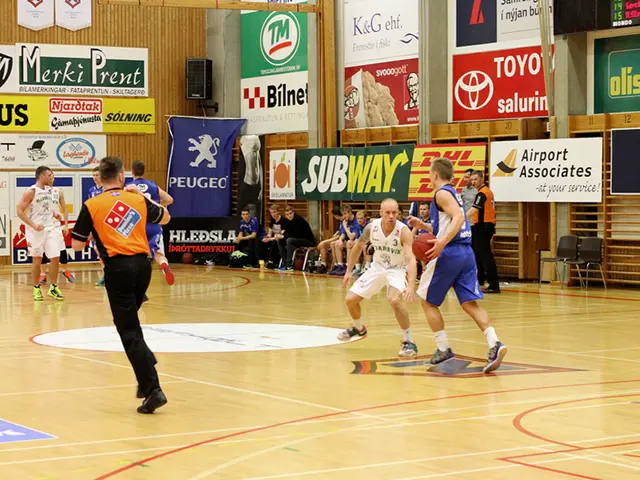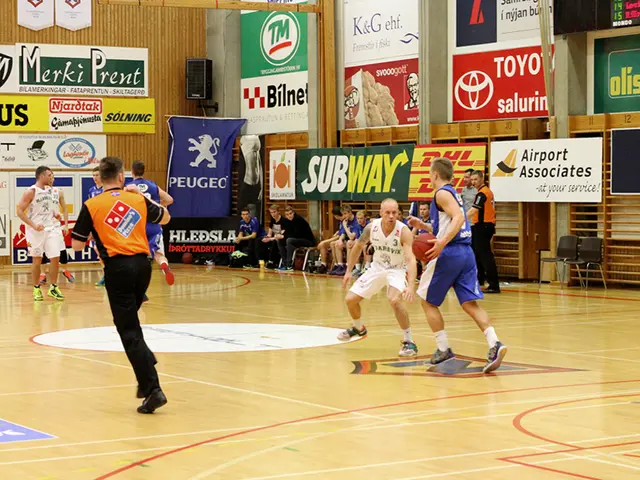Event ombudsman advocates for democratic dedication - Advocate for SED victims advocates for promoting democracy in their efforts
The anniversary of the Berlin Wall's construction serves as a poignant reminder of the city's divided past and a call to uphold democratic values. Evelyn Zupke, the SED Victims' Commissioner, made these remarks at a ceremony held at the memorial site on Bernauer Straße.
The Berlin Wall, built on August 13, 1961, was a concrete and barbed wire embodiment of a repressive state's message to its citizens. Its primary purpose was to prevent further migration from East to West, a measure taken by the East German government with Soviet approval. The Wall temporarily stabilised the East German economy by stemming population loss, but it became a public relations disaster, symbolising communist tyranny and repression.
The construction of the Wall claimed the lives of approximately 140 people who tried to escape. Zupke remembered those who were killed trying to flee the DDR, emphasising the Wall's impact on the people of Berlin.
Western leaders, such as U.S. President John F. Kennedy, explicitly framed West Berlin as a bastion of freedom and democracy in contrast to the authoritarian East, underscoring the Wall's symbolic meaning during the Cold War. The DDR opened its borders in 1989 following the peaceful revolution, marking the end of the Wall's divisive presence.
Zupke believes it is important to honour the victims of the SED dictatorship and convey the value of freedom to society. She stated that freedom and democracy are not a given, and the Berlin Wall is a reminder of this. The Wall and the inner-German border were more than just a rift through the capital and the country; they represented the consequences of totalitarian control.
Remembering the Berlin Wall's construction is a call to commitment to democracy, according to Zupke. The remembrance serves as a reminder that freedom and democracy are not guaranteed and must be actively protected and upheld. The Berlin Wall's legacy continues to resonate, serving as a powerful symbol of division and injustice, and a reminder of the importance of democratic values.
- The remembrance of the Berlin Wall's construction encourages EC countries to uphold the policy-and-legislation that supports the freedom of movement of workers and the freedom to provide services, as it serves as a reminder that these freedoms are not guaranteed and must be actively protected.
- In light of the Berlin Wall's symbolic representation of communist repression and totalitarian control, it is crucial in today's politics and general news to advocate for the preservation of democratic values, ensuring that such atrocities do not reoccur.







